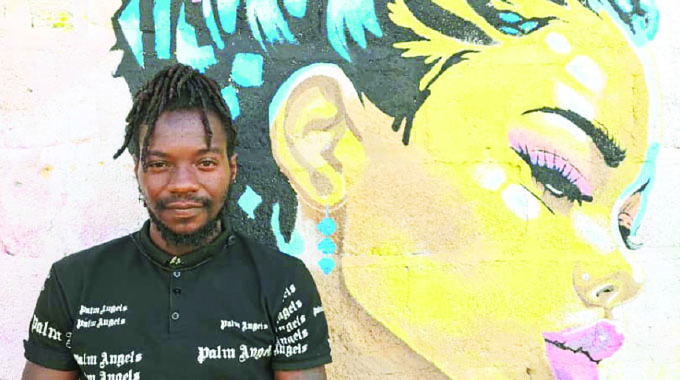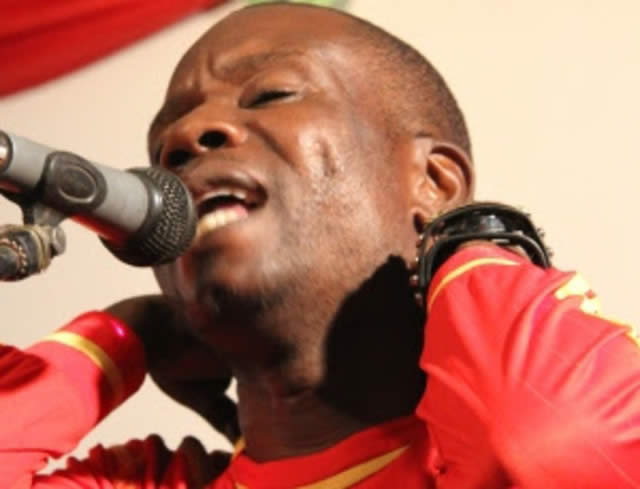Brickhill’s too big shoes find no fit

Kundai Marunya
Arts Correspondent
He was a war hero, who fought against his own race striving for equality and justice.
A patriot to the core, even after the liberation struggle he continued his fight for social justice, but this time wielding a book, guitar, and poetic verses while leading an army of liberal minded artists with a passion for the growth of a free and democratic Zimbabwe.

He gave young people space to voice their opinions, well-crafted in music, poetry, comedy, and various other forms of artistic expression. To many, now famous creatives, he was the spring-board that brought them fourth, polished and nurtured them until they shone.
This is the life of Paul Brickhill, a soldier in the Zimbabwe People’s Revolutionary Army (ZIPRA) who continued with the war of liberating minds, starting out only with little funds his fellow revolutionaries provided him at the end of the war in 1980.
His death four years ago pains many who knew him, but mostly hurt the struggling art sector that had grown to rely on his contribution, especially when it came to performance space.
After he succumbed to arthritis cancer at the age of 56, his legacy, the Book Café, followed tumbling down nine months later. His shoes were then too big for his son and heir, Tomas Lutuli Brickhill to fill.
Tomas was left in a near impossible position of keeping the popular art hub open when it was in dire financial crisis. He tried different fundraising initiatives, but in the end he had to accept the fate laid upon him.
His failure was not an isolated incident but rather a reflection of the industry as a whole with other venues including Sports Diner, Misty’s Lounge and Jazz 105 also closing down.
Tomas reflects on the short period before closing down Book Café.
“There was a rapid decline is people’s ‘disposable income’ caused by the compound economic landscape throughout the country at that time. My ‘regular customers’ were coming less often and spending less money when they did come.
“Issues like customers consuming drinks outside the venue before entering became more frequent as customers looked for ways to maximize their shrinking budgets,” he said.
“What this meant for all the ‘live music venues’ was that essentially our business model – attract customers with quality live music (which is costly), but make money on food and drink sales (which balances those costs) – became unsustainable and thus one by one, we closed down.”
Months later he tried to keep his father’s legacy alive through ‘pop-up’ shows, collaborating with different venues, including New Ambassador Hotel.
In the end he was not his father. He did not have his many contacts that date back from Rhodesia. Or maybe he was just unfortunate to takeover when it was near impossible for many businesses to sail through financial difficulty.
Brickhill’s shoes were not only too big for his son, but the local art industry as a whole. Many promoters and venue owners have gone on to borrow concepts, some even duplicating shows from Book Café, but all have failed to successfully fill the gap left.
“Since that time (Book Café closed), yes, other entrepreneurs have seen what they ‘perceived’ as a gap in the market, but soon they find out what we already know – until the general population of the country has more money to spend on entertainment, the business model does not work,” said Tomas.
He dreams of one day reviving Book Café to carry on his father’s legacy, but in the meantime, Brickhill’s shoes remain too big to fill.







Comments